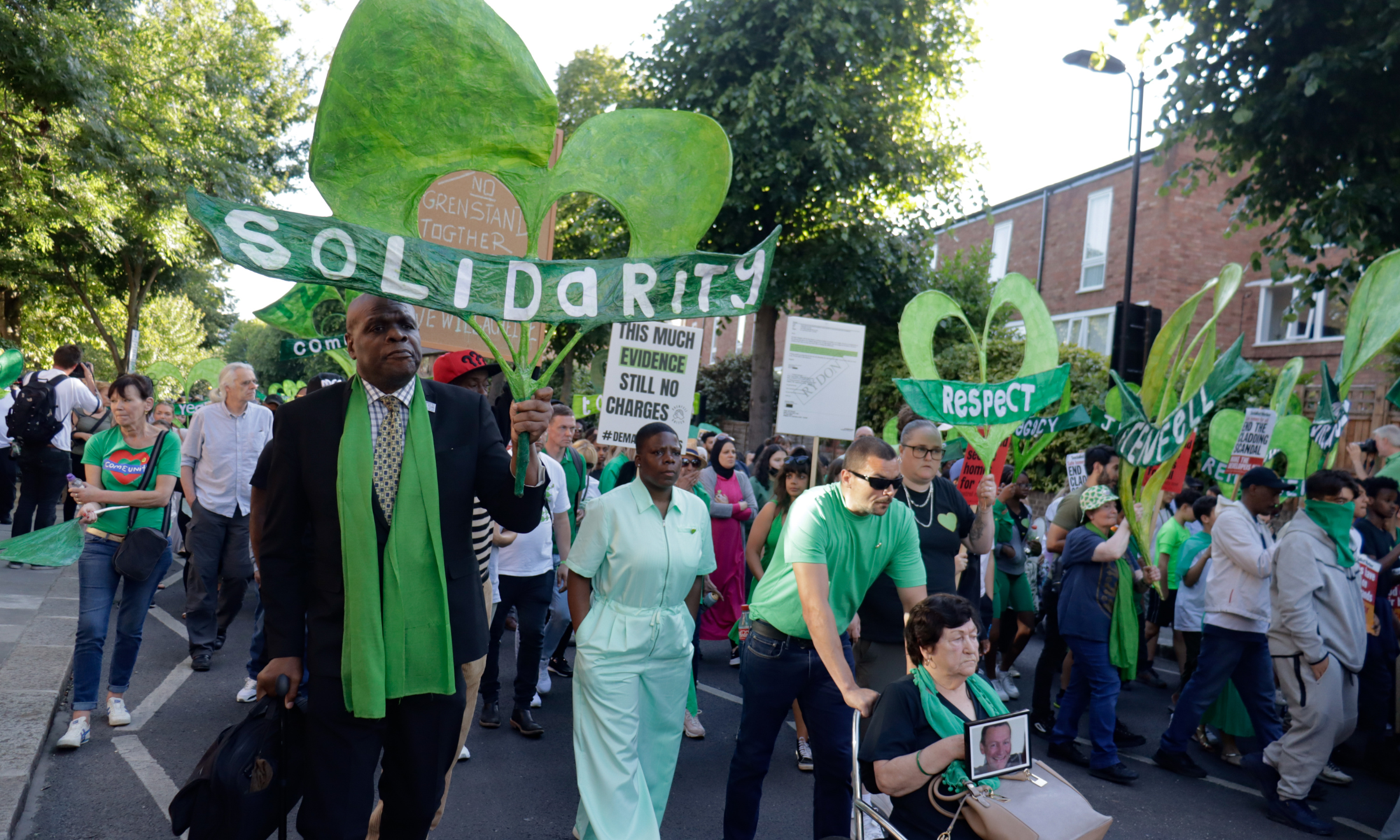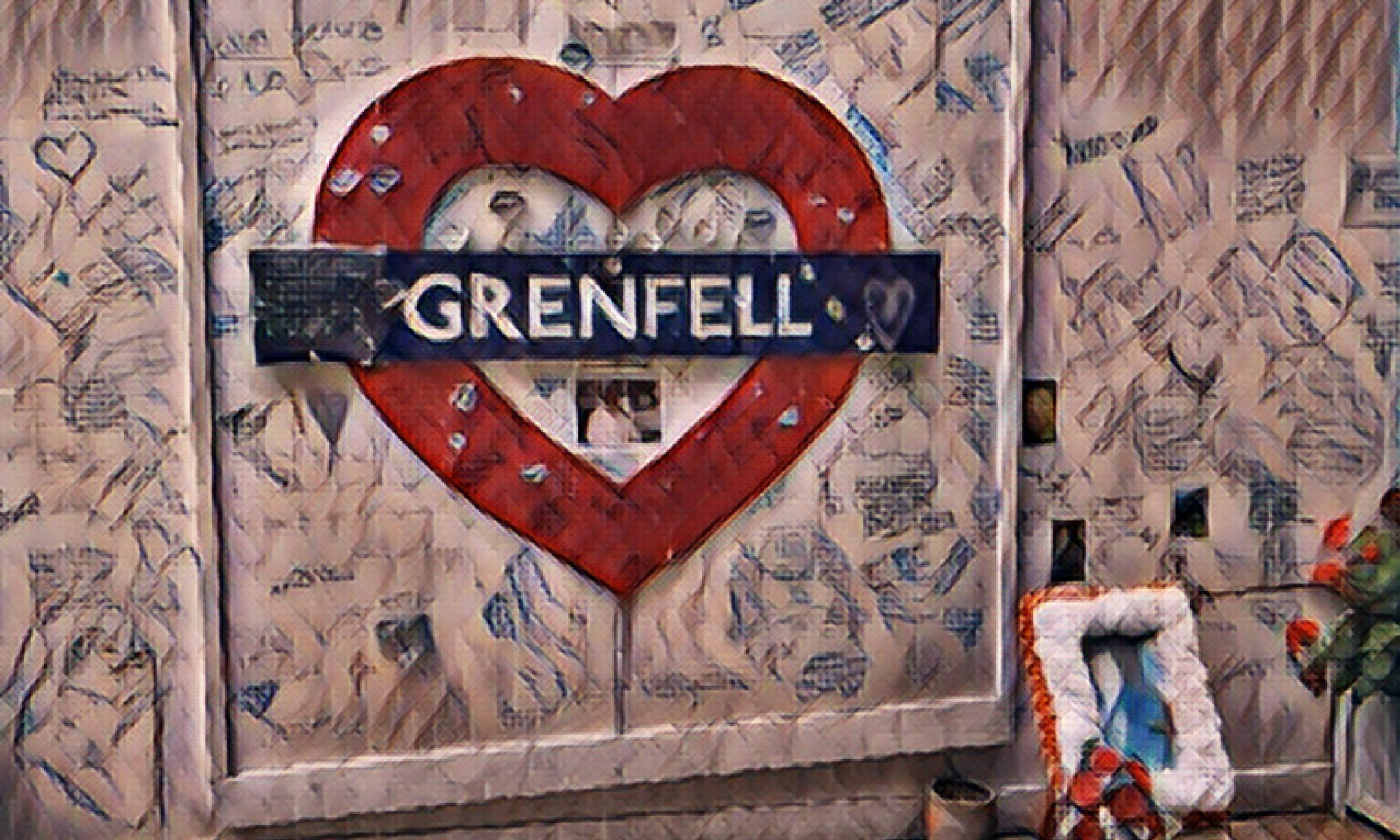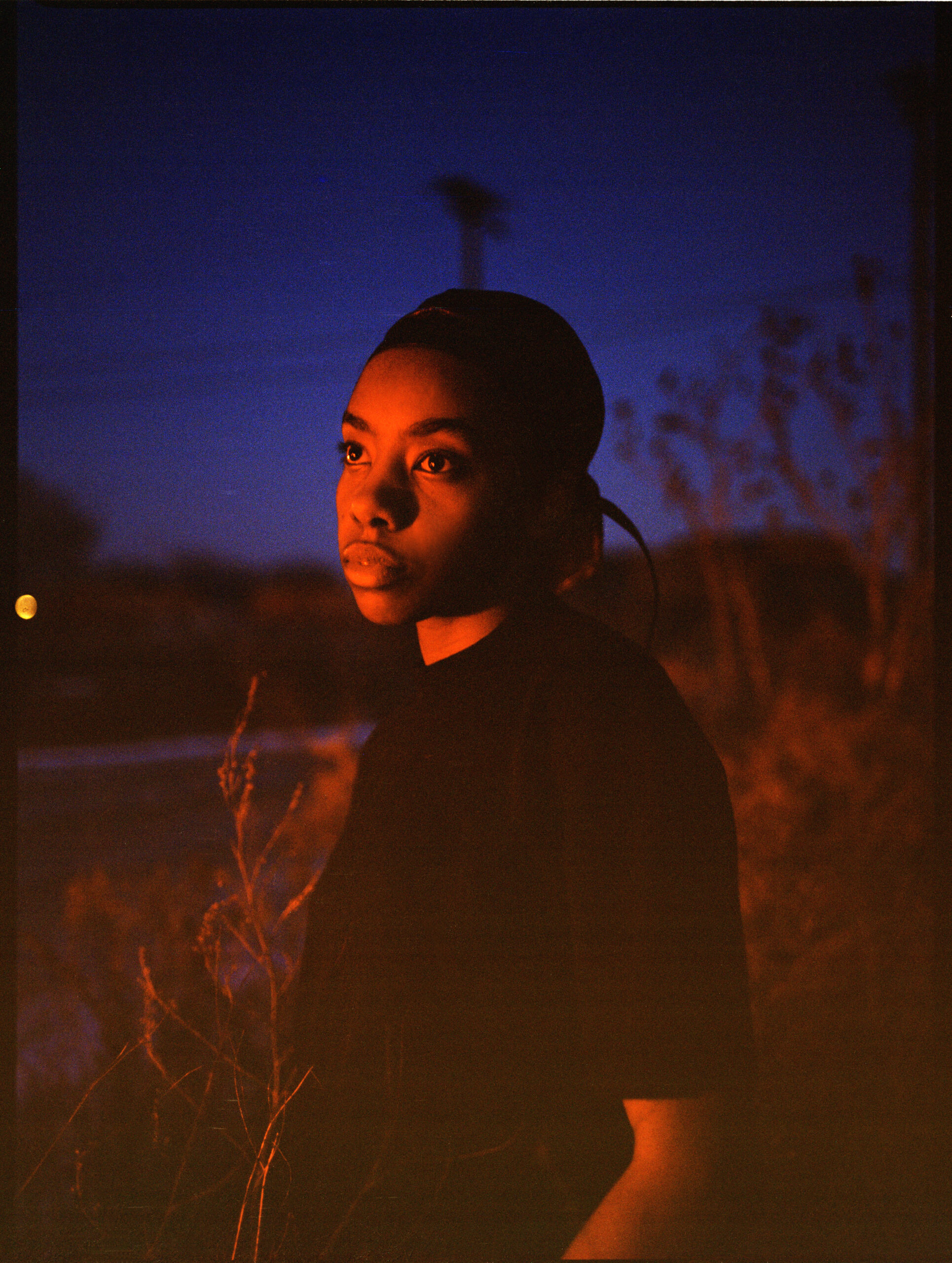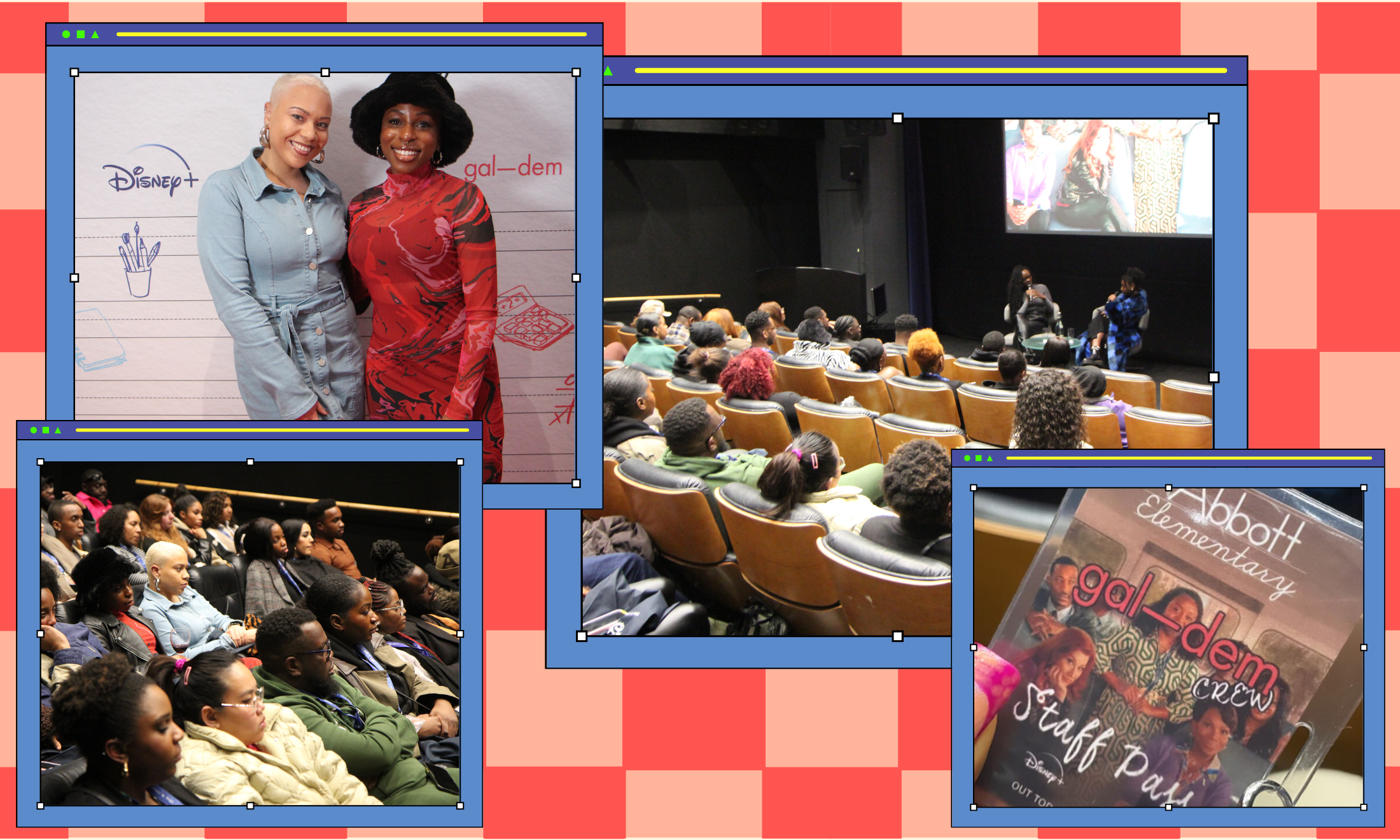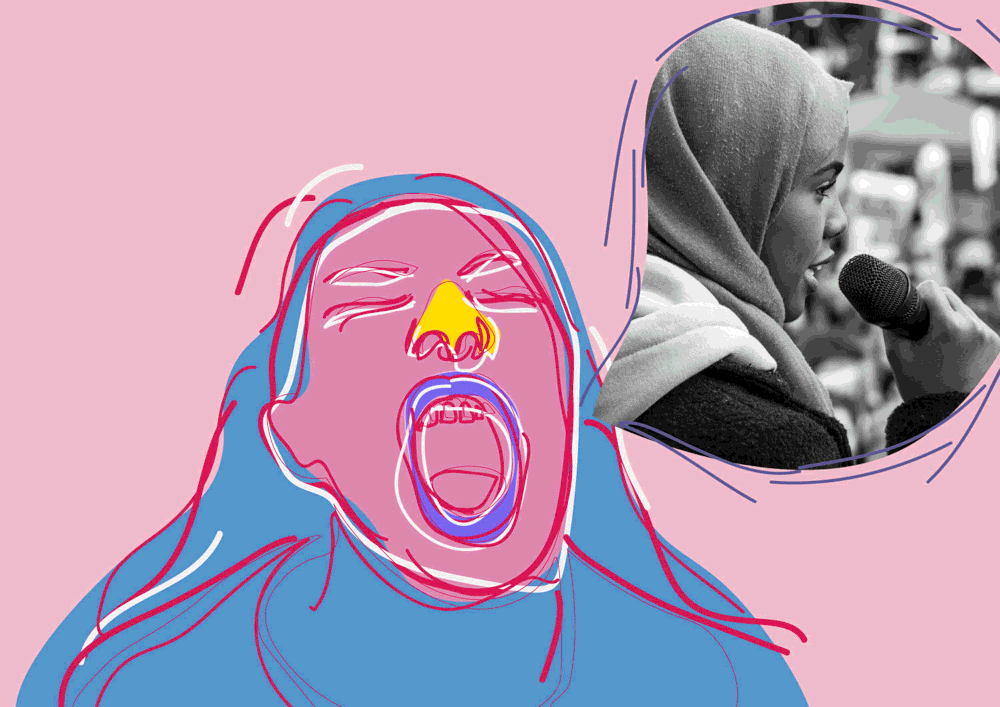
This week has seen selective empathy for Sudan and a white woman called LaKiesha
Neelam Tailor
17 Jun 2019
This week marked two years since the Grenfell Tower fire, and the appalling treatment of its residents continues. There are still 17 affected households still in temporary accommodation, thousands of people live in the 328 buildings that are covered in the same flammable cladding, but the police found time to arrest and imprison a Grenfell victim after her got angry about the horrific response. 29-year-old Reis Morris spent the second anniversary of the disaster in prison because he grabbed the fire chief by the throat in a row about the plastic covering his burned home. How can the government get away with failing an entire block of people, while one of those victims can’t get away with showing their frustration about it?
Here’s what else went down in the past week.
After CNN wrote on the troubles of being a white woman called LaKiesha, we spoke to a black woman called LaKeisha
The article begins: “When you’re a white, blonde-haired, blue-eyed woman named LaKiesha, life can get complicated.” It’s baffling to see cases like this given huge international platforms, while being a black woman called LaKiesha certainly makes life more complicated. The article goes on to victimise the woman for having to live with name discrimination because she’s white as it’s usually reserved for people of colour. There are numerous studies that show how black-sounding names get thrown to one side when it comes to job applications, and we know people of colour often change their names in order to fit into the Western world of work.
We spoke to LaKeisha Barker, a black woman from Texas, about how she felt when her name started trending on Twitter. “The writer wants us to feel sorry for someone who has to deal with something that’s foreign to her but has been an everyday problem for PoC for years,” Barker said.
So many people from a BAME background deal with name discrimination on a daily basis, not to mention black people with white-sounding names who unwittingly ‘catfish’ people who treat them with white privilege before seeing them, and then unleash the racism and bias when they realise they are black.
“I’ve dealt with the old tired “You don’t sound like a LaKeisha” because LaKeisha is such a ghetto name. This article could have been much more than the struggle of a white woman, another white woman.” the 34-year-old told us.
#BlueForSudan trends on Twitter but the world’s selective empathy is clear
Africa’s third biggest country, Sudan, has been at war ever since the West carved up the continent over 130 years ago. Since December 2018, protests have taken place in an attempt to overthrow former President Omar Al-Bashir. On April 11, military seized control of the country in coup d’état, placing Bashir under arrest. The sit-in outside the army headquarters that followed was calling for civilian rule, to which the military responded with the brutally violent Khartoum Massacre on June 3. Since then, the death toll is well over 100, while over 700 are injured, and bodies are being dumped in the River Nile. The Rapid Support Forces (RSF) heading the attacks are reported to have raped over 70 people, with one witness describing the harrowing scenes of six soldiers raping two girls as they were “crying and screaming”.
Until social media turned blue to raise awareness of the massacre, there was relatively silent global response. News of the vigil for the Notre Dam fire was coming up higher on my Twitter newsfeed than the Khartoum Massacre. Nobody died in that fire, yet it raised over $1 billion and intense public outrage. Where are the billionaires when Sudan is sliding into a “human rights abyss”? Pair all of this with the fake charity accounts cashing in on the misery and it’s clear: the world’s empathy is selective. Saving the lives of thousands of Africans comes far below saving an old church in Paris on the world’s priority list, the figures clearly show.
The mainstream media coverage is about the public’s social media solidarity with Sudan. It is totally backwards that people have to express their concern over a vital African problem in order for the media to give it the time of day.
ICYMI
•Reparations for slavery will get its first hearing in over a decade with writer Ta-Nehisi Coates and actor Danny Glover who will testify before a House of Representatives panel.
• Botswana ruled to decriminalise gay sex. This is a step against the current as 32 of Africa’s 53 nations still have laws that criminalise same-sex conduct.
• Krept and Konan have been invited to speak at the House of Parliament after their short film Ban Drill where they discuss the dangers of banning drill rap music.
• Tracee Ellis Ross will star in and executive produce Jodie, a spin-off of cult classic Daria, which “will satirize workplace culture, Gen Z struggles, themes of empowerment across gender and racial lines and explorations of privilege.”
• Ava DuVernay’s powerful Netflix series When They See Us has spurred very real consequences for prosecutor Linda Fairstein and Elizabeth Lederer, the assistant district attorney who were responsible for the wrongful prosecution of the five black boys known as the Central Park Five. Lederer has resigned as a part-time professor at Columbia Law School after a group of black students called for her to step down.
• Netflix announced a line-up of Korean content with five series and one feature film for all the K-drama fans around the world.
• Nasa has renamed a street outside its headquarters in Washington DC “Hidden Figures Way” in honour of three African-American women – Katherine Johnson, Dorothy Vaughan, and Mary Jackson – whose work in the 1960s paved the way for future generations with the space agency.
•Ecuador’s highest court has voted to legalise same-sex marriage, while Brazil’s Supreme Court criminalised homophobia and transphobia.
•Pose’s Indya Moore was attacked by a Trump supporter in New York outside the studio after trying to take away their pro-Trump banners, saying “Well, you guys aren’t fans of our show, and we don’t want you to be fans of our show”.
Moment of the week
Issa Rae’s acceptance speech for the Emerging Entrepreneur Entertainment award at the Women in Film Gala is what all acceptance speeches should be like.


